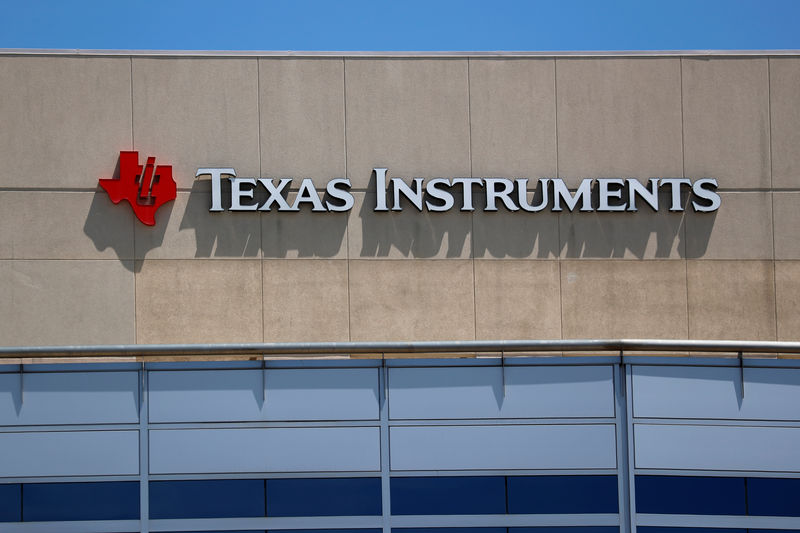By Liz Moyer
Investing.com -- Texas Instruments Incorporated (NASDAQ:TXN) is ushering in a new CEO amid a significant correction in the semiconductor industry, and handing the reins to the 24-year company veteran may help smooth the transition, according to analysts at Stifel.
Late Thursday, Texas Instruments said President and CEO Rich Templeton will transition out of both roles over the next two months, to be succeeded by Haviv Ilan, the current executive vice president and chief operating officer.
The move is part of a carefully constructed succession plan, Stifel said in a note on Friday. The analysts kept their hold rating on the stock, with a $165 12-month price target. That implies a 4% drop from current levels. The stock was up 0.7% to near $172 in afternoon trading and up 4% so far this year.
Templeton, who has been CEO since 2004 with a brief time away from the job in 2018, isn’t leaving entirely. He remains as board chairman, a position he has held since 2008.
Stifel credited Templeton for overseeing impressive top-line revenue growth, saying he played a critical role in “defining the company’s strategic transformation and financial discipline over the past two decades.”
They also said Ilan is a strong leader with considerable experience at the company, which he joined in 1999.
The chip industry has been in a slump after a post-pandemic glut of chips and waning consumer demand for the products that contain them, but it is also investing heavily in building new factories and adding production. The U.S. government is encouraging this by making $50 billion available to build the U.S.’s chip-producing capacity.
Stifel said in its note that Texas Instruments could potentially be early to see an eventual upturn, "something TI is already planning for by rebuilding its depleted inventory levels."
“Ilan will be taking the helm during the current industry wide semis correction,” the Stifel analysts said in their note. “A leadership team with disciplined focus will be crucial to ensure TXN can maintain its best-in-class capital management strategy.”
